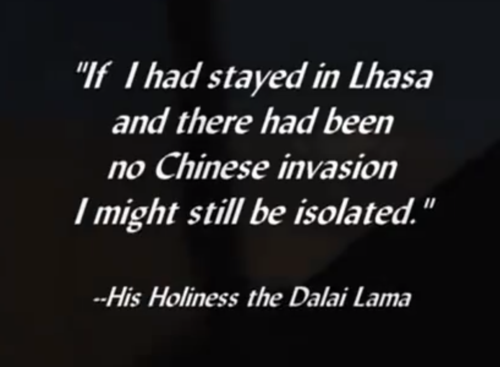swilow
Bluelight Crew
This is a difficult topic IMO. It seems to be human instinct, to wish for and cause harm to those we feel have wronged us. Our justice system is pretty much based on the idea that a persons bad behaviour can be atoned for by them experiencing hardship. An eye-for-an-eye is still very much the basis for many laws and penalties. From summary execution to mob 'justice' to drawn out courtroom based, jargon strewn combat, the ultimate aim is for the wrong-doer to experience a sort of equivalent misfortune, to atone in some way. Hail mary I guess.
I'm not sure I agree at all. I think it is inherently illogical to think that one subjects suffering can be replaced by anothe'rs. At the end of it all, if I kill someone who has killed, the universe only acknowledges two dead people. In a purely rational way, if I am merciful and do not take revenge, the outcome is immediately better (I say nothing of the potential future sins of that whom I 'saved'). That is assuming that staying alive is a good thing, and that killing isn't.*
On the other hand, I guess I can understand wanting to hurt those who have hurt us. In my life, I was hurt physically by someone close to me, and the only way it stopped was when I was big enough to fight back, to hurt them- and I must admit, I wanted them to be hurt too. Practically, this killed two birds with one stone; the violence towards me stopped and my "natural instincts" were satiated. But how natural is this notion of vengeance? Why, if it is natural, does it appear to be limited to humans? In an evolutionary sense, revenge serves no function except for the possible prevention of future wrongs (which describes a motive other then revenge), so it doesn't seem to be related to survival or procreation. It seems an unneeded expenditure of energy, wasting time trying to punish and hurt someone for something they cannot ever undo and life is rather brutal to wastes-of-time. Rather, it would make more sense to try and rehabilitate and exact positive payment from them in the future, or at least increase the overall potential for positive outcomes (i.e. the redeemed animal becoming a positive contributor to the society and furthering its goals/aims). However, that is idealistic and naive and I recognise that.
I thought this could make an intriguing discussion. I recognise that, for most ethics, there is not a single right system. I accept that revenge may have a purpose but I am not exactly sure I see what.
I recognise that, for most ethics, there is not a single right system. I accept that revenge may have a purpose but I am not exactly sure I see what.
I'm not sure I agree at all. I think it is inherently illogical to think that one subjects suffering can be replaced by anothe'rs. At the end of it all, if I kill someone who has killed, the universe only acknowledges two dead people. In a purely rational way, if I am merciful and do not take revenge, the outcome is immediately better (I say nothing of the potential future sins of that whom I 'saved'). That is assuming that staying alive is a good thing, and that killing isn't.*
On the other hand, I guess I can understand wanting to hurt those who have hurt us. In my life, I was hurt physically by someone close to me, and the only way it stopped was when I was big enough to fight back, to hurt them- and I must admit, I wanted them to be hurt too. Practically, this killed two birds with one stone; the violence towards me stopped and my "natural instincts" were satiated. But how natural is this notion of vengeance? Why, if it is natural, does it appear to be limited to humans? In an evolutionary sense, revenge serves no function except for the possible prevention of future wrongs (which describes a motive other then revenge), so it doesn't seem to be related to survival or procreation. It seems an unneeded expenditure of energy, wasting time trying to punish and hurt someone for something they cannot ever undo and life is rather brutal to wastes-of-time. Rather, it would make more sense to try and rehabilitate and exact positive payment from them in the future, or at least increase the overall potential for positive outcomes (i.e. the redeemed animal becoming a positive contributor to the society and furthering its goals/aims). However, that is idealistic and naive and I recognise that.
I thought this could make an intriguing discussion.




